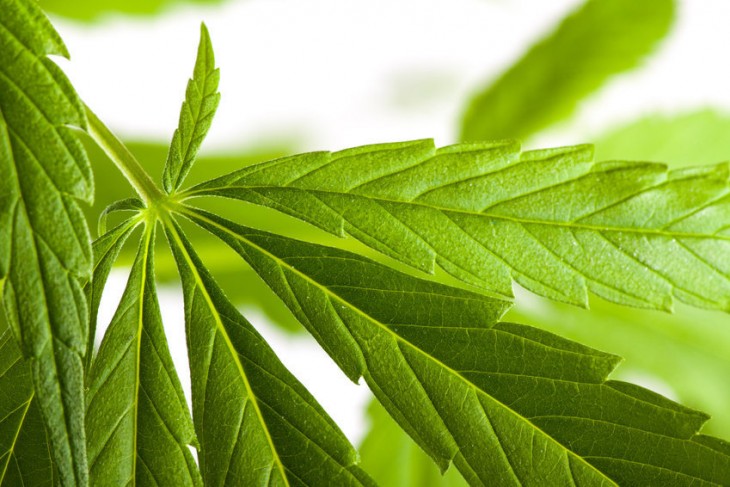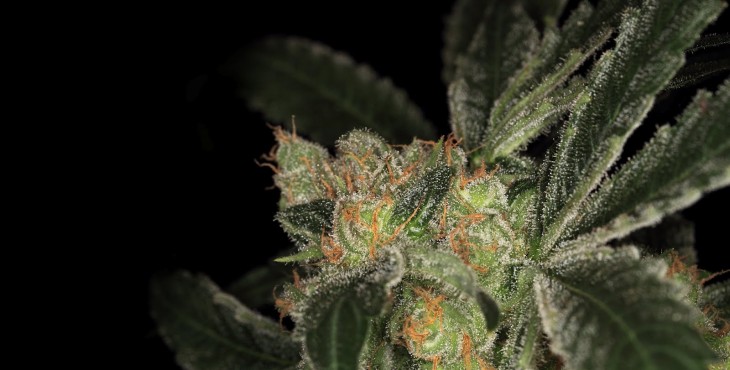Medical science has come a long way over the last century, with more innovations occurring during this period than the composite of human existence. With this knowledge, comes an understanding of how marijuana interacts with our bodies and ways in which it can be used as medicine. We’ve learned that the endocannabinoid system is a series of protein receptors dispersed throughout the body which bind to cannabinoids, both endogenous (created within the body, versus phytogenic which are created by plant cells and synthetic cannabinoids created in a lab).
The CB2 receptor is a slightly smaller receptor as compared with the CB1 receptors, but it has equally powerful medical implications. Unlike the CB1 receptor, which is found predominantly in the brain on cells that produce the neurotransmitters glutamate and GABA, CB2 receptors are found mostly in the Immune System. CB2 activation in the brain leads to hippocampal neural progenitor cell proliferation, meaning brain cell growth.
Confusion as Usual
Initial studies on the receptor led some to believe that CB2 activation leads to immune system suppression. However, the results have been cleared up over the last decade, and leading studies suggest agonism and antagonism of the CB2 receptor increases resistances to certain pathogens and auto-immune disorders. It took quite some time to reverse the stigma which still lingers with the marijuana plant despite research.
Specifically, activation of CB2 receptors reduces levels of cyclic adenosine monophosphate (cAMP) by inhibiting the action of a protein called adenyl cyclase. This reduced level leads to increased phosphorylation of the leukocyte receptor tyrosine kinase, and a subsequent decrease in T cell receptor signaling, which accounts for the initially pessimistic attitude towards CB2 agonists.
Widespread Consequences
The latest studies suggest that CB2 regulation might play a role in just about every human disorder: from cardiovascular, kidney, gastrointestinal, liver and neurodegenerative disorders, to psychiatric, bone, skin, auto-immune and lung disorders. Not to mention it has also been shown to play a role in fighting cancer, and neuropathic pain, which all Green House Seed Co strains can help fight.
Lastly CB2 activation has been shown to help fight one of the main causes of Alzheimer’s. Senile plaque develops on the outside of gray matter in the brain and is primarily comprised of beta-amyloid. Activation of CB2 receptors induces macrophages in the brain which remove beta-amyloid fundamentally counters the disorder. More and more uses of the CB2 receptor will be discovered as it is integral to the success of modern medicine.









